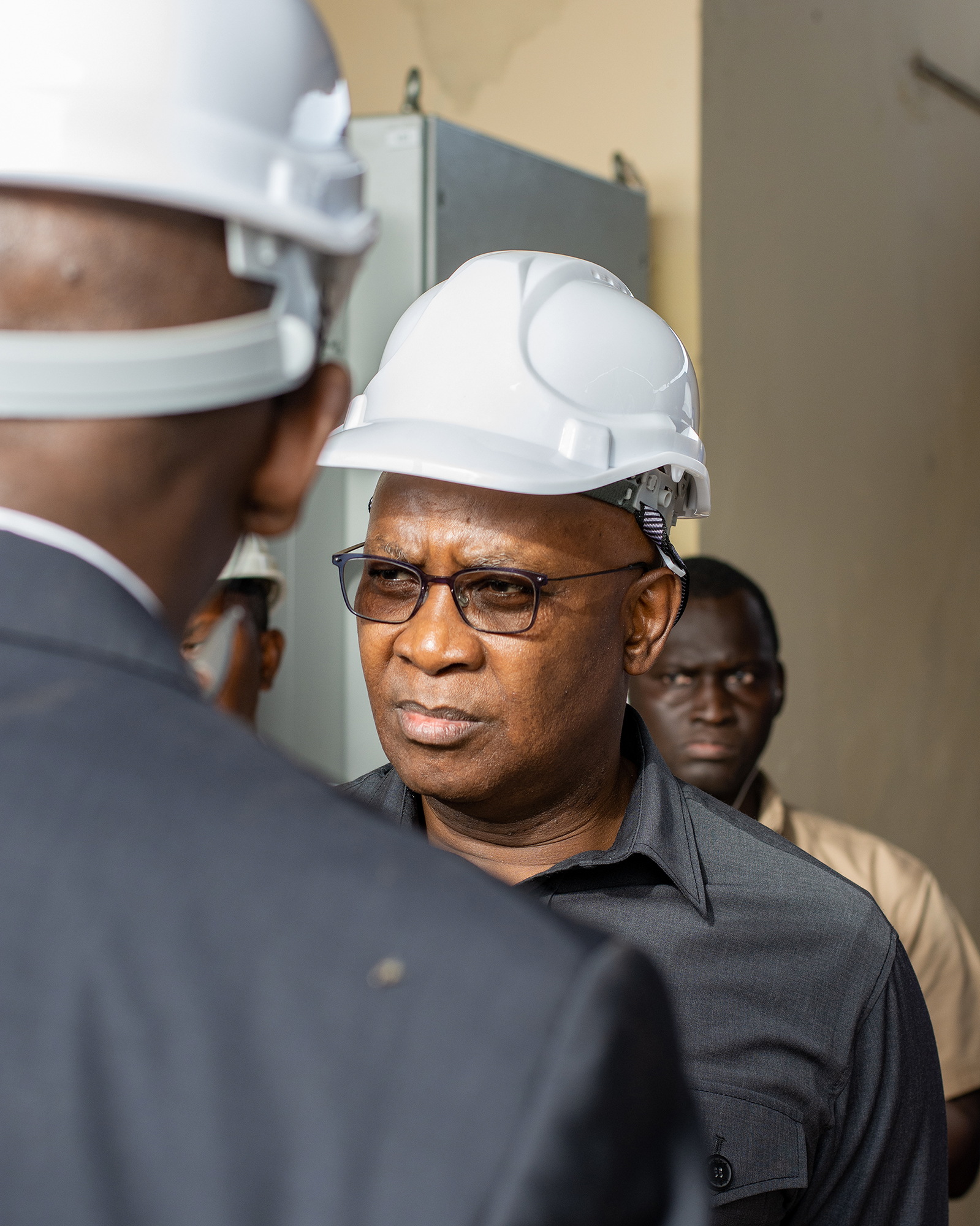By Mr, Serigne Mbaye Thiam, Minister of Water and Sanitation, Senegal
In this age of rapid urbanization and population growth, Africa is facing a sanitation crisis. For many years, our continent has been unprepared and ill-equipped to provide the sanitation infrastructure our populations need, and demand for such infrastructure continues to rise faster than we can supply it. Africa therefore has a lot to achieve by 2030, to meet Sustainable Development Goal 6, which seeks to ensure availability and sustainable management of water and sanitation for all.
Ministers across Africa consequently have a critical role to play. In 2016, we took an important step towards this goal, when Ministers convened in Senegal to sign the Ngor Declaration. We made important commitments to achieve universal access to adequate and sustainable sanitation and hygiene services and eliminate open defecation by 2030. In the last decade alone, over 650,000 people across the continent directly benefitted from the Millennium Drinking Water and Sanitation Program to increase access to sustainable water and sanitation services.[1]
Yet many challenges remain for the sanitation sector, particularly a lack of clarity in policies – such as institutional responsibilities, financing and cost recovery. Integrating longer-term, effective sanitation policies is a major opportunity for Ministers to embed much-needed infrastructure, enhance the health of our communities and guarantee dignity for all.
That’s why, I support, the African Ministers Council on Water’s Africa Sanitation Policy Guidelines (ASPG) initiative. The ASPG have been designed to provide a foundation for countries to adapt, in order to develop sustainable and inclusive sanitation policies that are tailored to each country’s needs.
In my country, Senegal, the President of the Republic, His Excellency Macky Sall made universal access to water and sanitation one of the priorities of the Emerging Senegal Plan. The adoption of new reforms and approaches has enabled the Senegalese sanitation sector to grow at a sustained pace, yet, our country still faces challenges. Access to basic sanitation in rural areas still falls behind, with only 42.3% percent of our rural population having access to basic sanitation in 2017, compared to 67.4% percent in urban areas. Access to adequate sanitation is a priority for the Senegalese government and we aim to increase access in rural areas to 65% by 2023.
This is precisely where the ASPG brings value. Not only does it focus on providing guidelines for the creation of policies that can support sanitation in rural and urban areas in the present, but it also focuses on the sustainability of such policies. We must look to those who will be moving our country forward when we are no longer here.
Comprehensive and inclusive sanitation policies will provide an opportunity for us all to enhance the provision, reliability, and security of the water and sanitation sector. Next year, Senegal will be the first sub-Saharan country to host the World Water Forum, demonstrating the remarkable progress taking place in Africa. Moving forwards, I hope to further build on this progress in collaboration with fellow African Ministers. By utilizing resources such as the ASPG, countries can quickly and effectively implement policies that work for their respective regions – policies that are built to last. As Africa’s sanitation leaders, us, Ministers in charge of water and sanitation, are largely accountable for SDG 6, so I urge my fellow Ministers to join me in accelerating this progress and transforming our continent and the lives of our citizens for good.
[1] https://www.worldbank.org/en/results/2018/07/03/senegal-increasing-access-to-sustainable-water-and-sanitation-services

